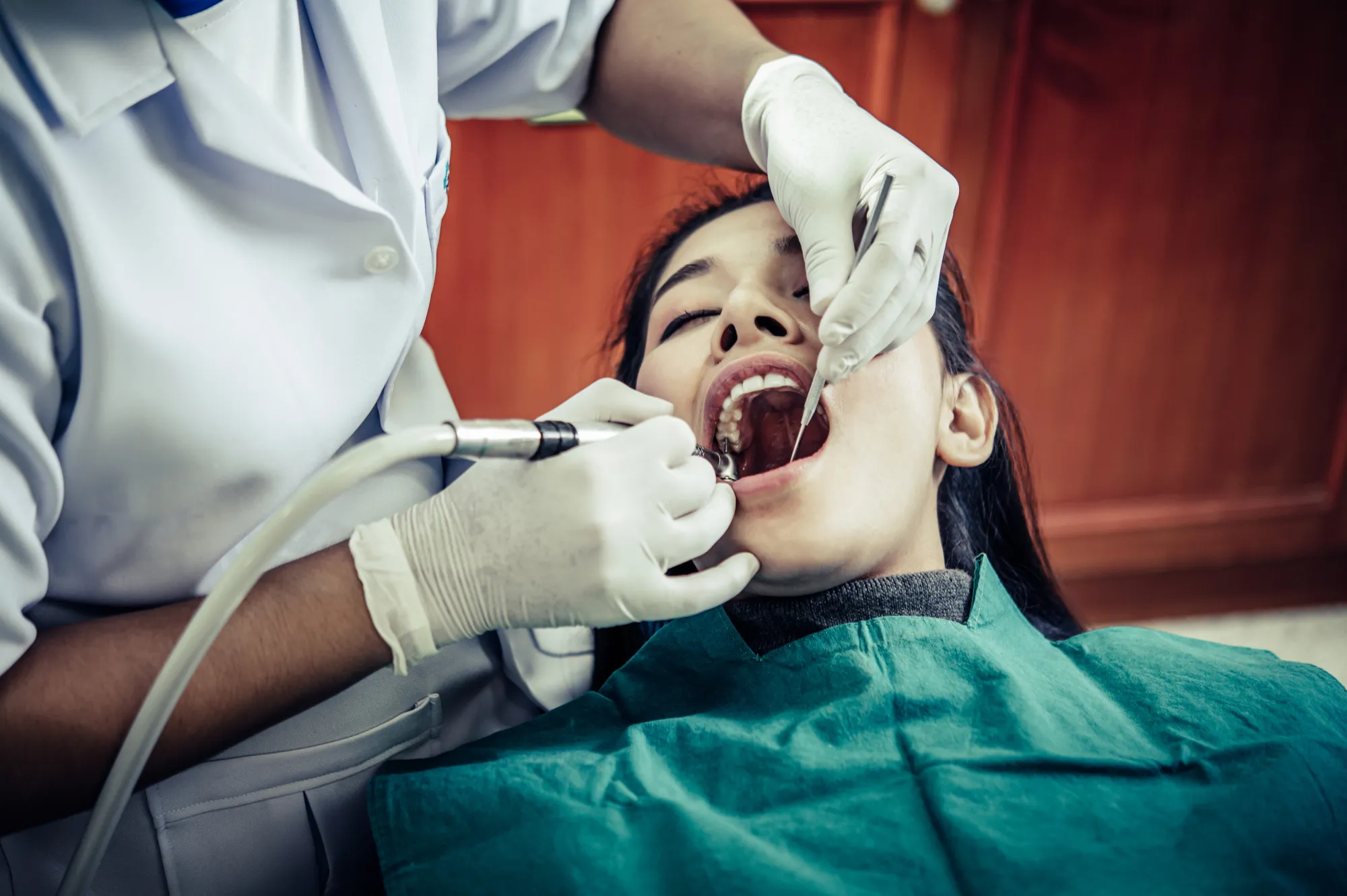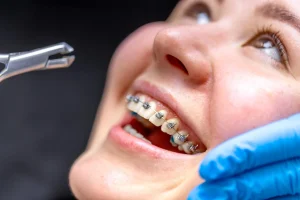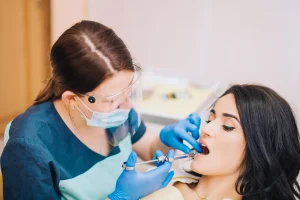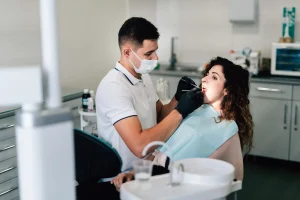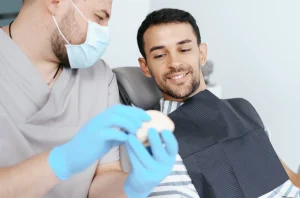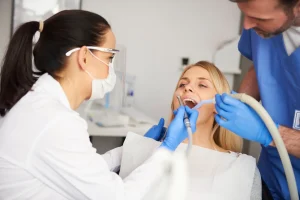What do you do when you unexpectedly experience a toothache, a broken tooth or bleeding gums? If you have a dental emergency in Port Coquitlam, you probably have a lot of anxiety going through your mind. A dentist tells us why you should take action quickly, right after the dental accident, to protect your smile from damage.
What Counts as a Dental Emergency?
Not all dental problems need urgent treatment, but there are some that do. An actual dental emergency refers to a situation where one feels severe pain or bleeding from their gums or…
Common dental emergencies include:
- Severe toothache or swelling
- Knocked-out teeth
- Cracked or broken teeth
- Bleeding gums that won’t stop
- Injuries to the lips, tongue, or jaw
- Abscess or infection causing pain or swelling
Try to stay calm if you’re having any of these problems, and make sure to reach a dentist in Port Coquitlam asap.
What to Do Before You See the Dentist
When they happen, you can do a few things in a very short time to control the pain and protect your teeth until you get a professional check.
- For Knocked-Out Teeth in Dental Emergencies
- Do not touch the root; hold the tooth by the crown.
- If it is contaminated, rinse it gently with water; do not scrub it.
- Carefully try to insert the tooth back into its socket.
- If you cannot, put it in your saliva and visit a dentist as soon as possible.
2. For Emergency Broken Tooth Repair.
- Rinse your mouth with warm water
- Apply a cold compress to reduce swelling
- Save any broken pieces of the tooth
- Avoid chewing on that side of the mouth
3. For Severe Toothache
- Rinse with warm salt water to clean the area
- Use a cold pack on the cheek for pain relief
- Do not place aspirin on the tooth—it will irritate the gum
4. For Bleeding or Soft Tissue Injuries
- Rinse gently with cold water
- Apply gauze or a clean cloth with light pressure
- Don’t delay, go down to the emergency room immediately
5. For Lost Fillings or Crowns.
- To protect the exposed area, use dental wax or sugar-free gum.
- Avoid eating on that side until it is repaired.
When is Emergency Tooth Extraction Needed?
Sometimes, the only option left is to get a tooth extracted. When tooth decay is extremely severe, a tooth may require an extensive extraction. This will help reduce pain and infection.
Signs you may need one include.
- Sharp, persistent pain in one tooth.
- Swelling in the gums or jaw.
- Visible decay or infection.
- Difficulty chewing or biting.
Quick treatment helps with your teeth and gums, and the procedure is painless.
How a Dentist Helps During a Dental Emergency
When you go to the dentist’s dental clinic, the dentist will check your mouth, do X-rays if need be and choose the treatment. Depending on the situation, they may perform.
We can use bonding, veneers, or crowns to fix it.
- Tooth reimplantation for knocked-out teeth.
- Drainage or antibiotics for infections.
- Temporary or permanent fillings for cavities.
In case the problem is serious, your dentist near you will schedule you for a follow-up visit.
How to Prevent Future Dental Emergencies
Accidents do not know the time, but a few habits can help you.
- Wear a mouthguard while playing sports.
- Avoid chewing hard foods, ice, or pens.
- Brush and floss daily to keep teeth strong.
- Regularly visit your nearby dentist for a dental checkup and cleaning.
Ready to Get Relief Fast?
A dental emergency will not turn out to be one if dealt with efficiently and promptly. Contact Poco Comfort Dentistry today for gentle, same-day emergency care and protect your smile with trusted, professional treatment. Schedule an appointment today.
Visit us today! Find Poco Comfort Dentistry on Google Maps.
FAQs.
What should I do if my tooth gets knocked out?
In case you keep it moist in milk or saline, and you can see a dentist within 30 minutes, it can be saved.
Can I use ice for swelling?
Keep ice on the outer side of your cheek for ten to fifteen minutes.
How do I stop bleeding after a tooth injury?
The gauze should cover the area, while pressure should be applied and the area elevated.
Is a cracked tooth always an emergency?
Not always. Small cracks may not need urgent care, but deeper ones reaching the nerve require immediate dental treatment.

